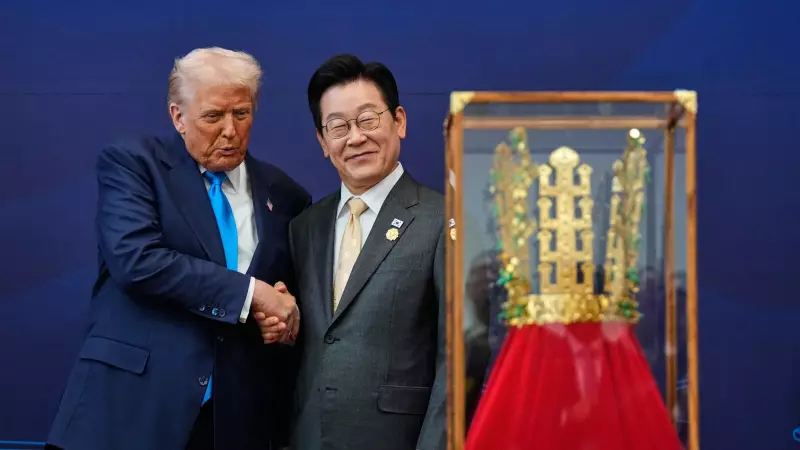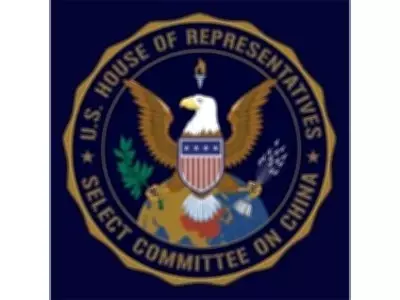
In a dramatic departure from longstanding US policy, former President Donald Trump has given his explicit approval for South Korea to acquire nuclear-powered submarine technology, marking a significant shift in Washington's approach to regional security in the Asia-Pacific.
A Historic Policy Reversal
The decision represents a complete turnaround from previous US administrations that had consistently denied Seoul's repeated requests for nuclear submarine technology. This strategic move comes as North Korea continues to advance its nuclear weapons program and missile capabilities, creating heightened tensions throughout the region.
According to sources familiar with the matter, Trump conveyed his approval during high-level discussions with South Korean officials, recognizing the growing security challenges facing the Asian nation. The former president's endorsement clears the way for what could become one of the most significant military technology transfers in recent US-South Korea relations.
Strategic Implications for Regional Security
The acquisition of nuclear-powered submarines would provide South Korea with several strategic advantages:
- Extended operational range: Nuclear submarines can remain submerged for months, offering unprecedented surveillance and deterrence capabilities
- Enhanced stealth: Unlike conventional diesel-electric submarines, nuclear vessels don't need to surface frequently, making them harder to detect
- Rapid response capability: The technology allows for quicker deployment and longer mission durations in contested waters
This development occurs amid increasing concerns about North Korea's expanding arsenal, which now includes tactical nuclear weapons and intercontinental ballistic missiles capable of reaching the United States mainland.
Regional Power Dynamics Reshaped
The decision is likely to have far-reaching consequences beyond the Korean Peninsula. China, which has traditionally opposed the proliferation of advanced military technology in the region, may view this development with significant concern. Similarly, Japan, while generally aligned with US interests in the region, might reassess its own security posture in response to South Korea's enhanced capabilities.
Military analysts suggest that nuclear-powered submarines would give South Korea a substantial advantage in monitoring North Korean submarine activity and securing vital sea lanes. The Yellow Sea and Sea of Japan, both critical strategic waterways, would become significantly more accessible to South Korean naval operations.
This policy shift underscores the evolving nature of security alliances in the Asia-Pacific region and signals a potentially new chapter in how the United States approaches military cooperation with its key Asian partners. As regional tensions continue to simmer, the introduction of nuclear submarine technology adds another complex layer to an already volatile security landscape.





